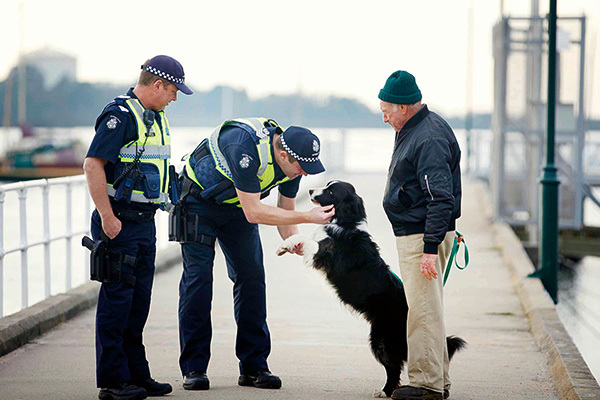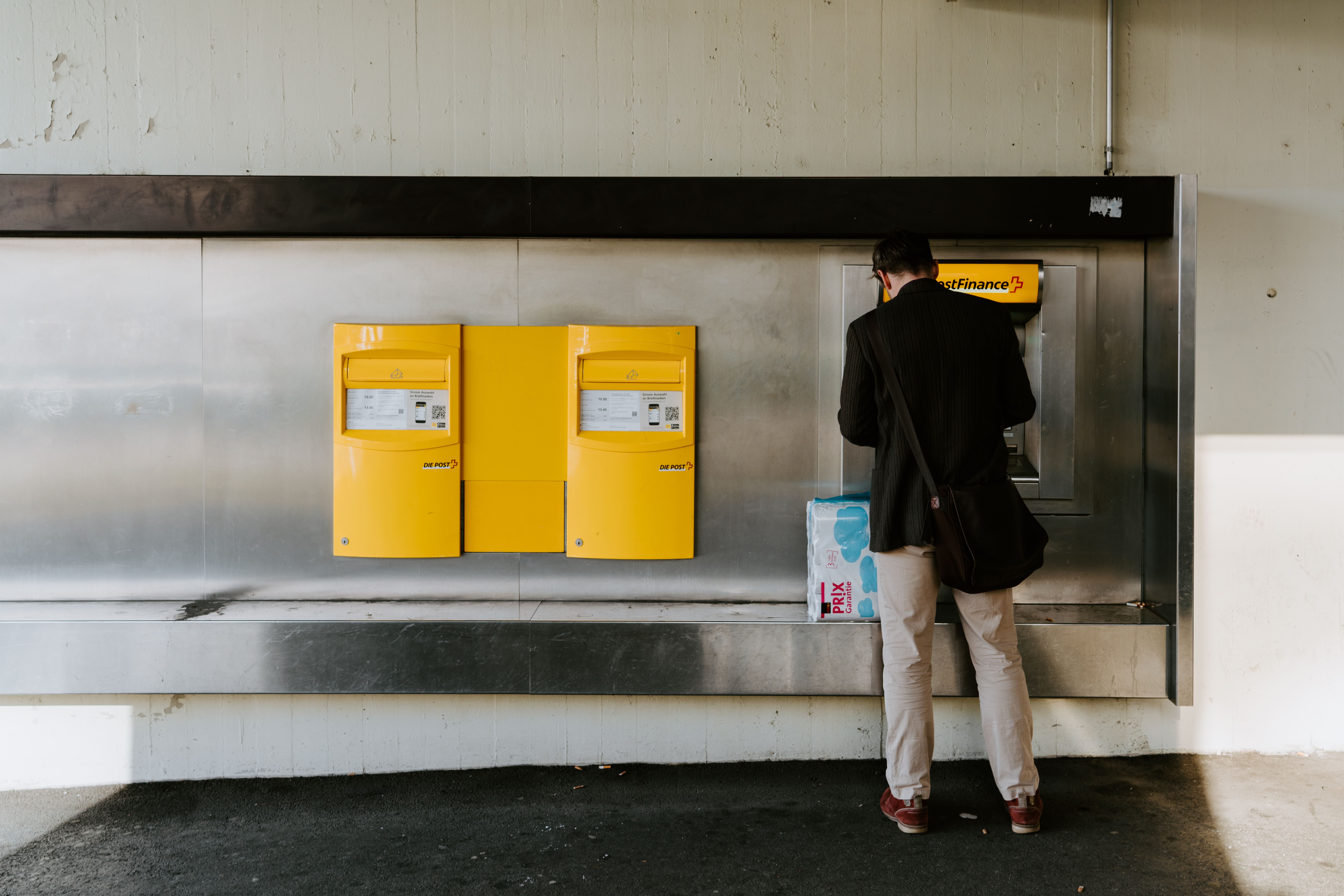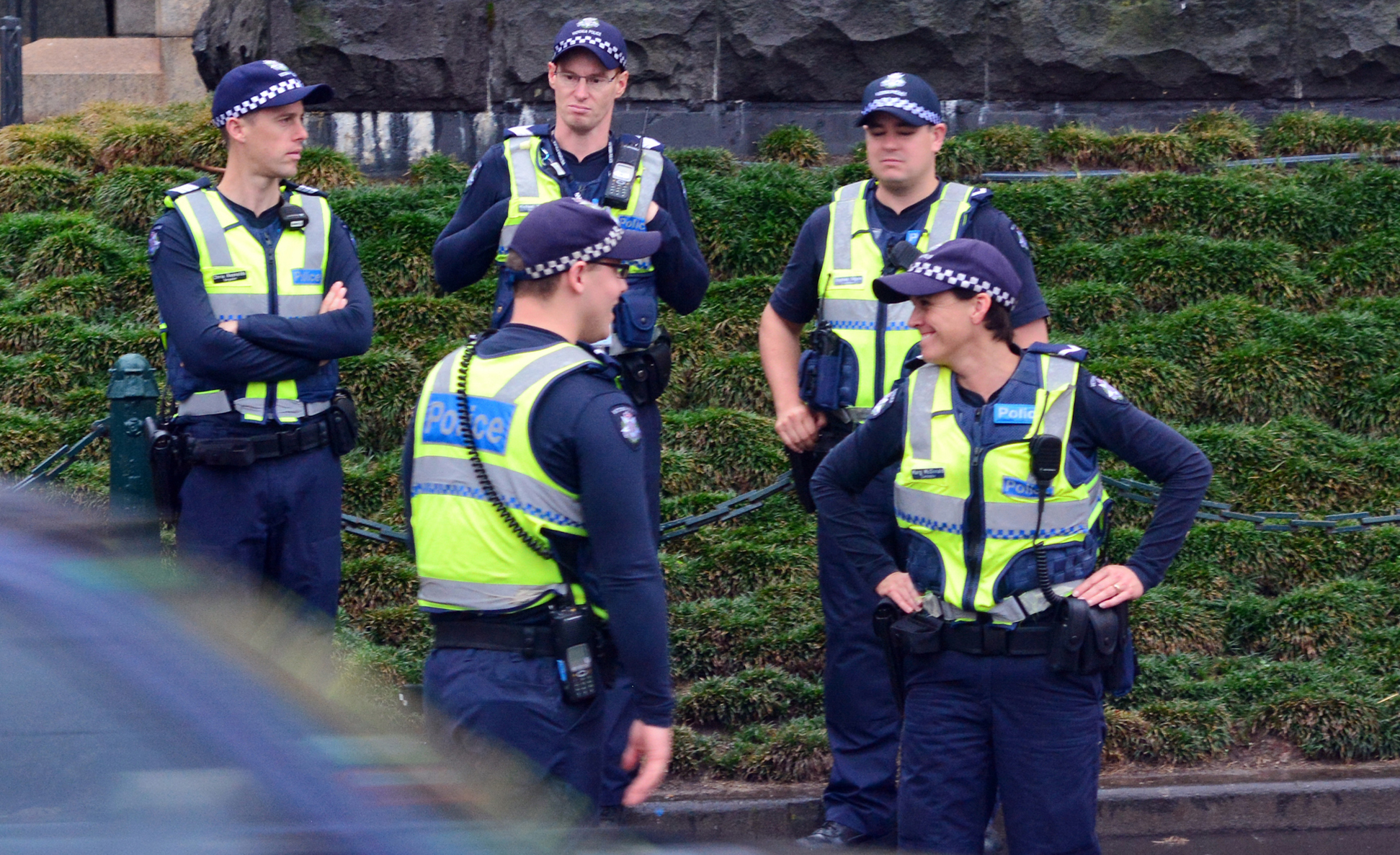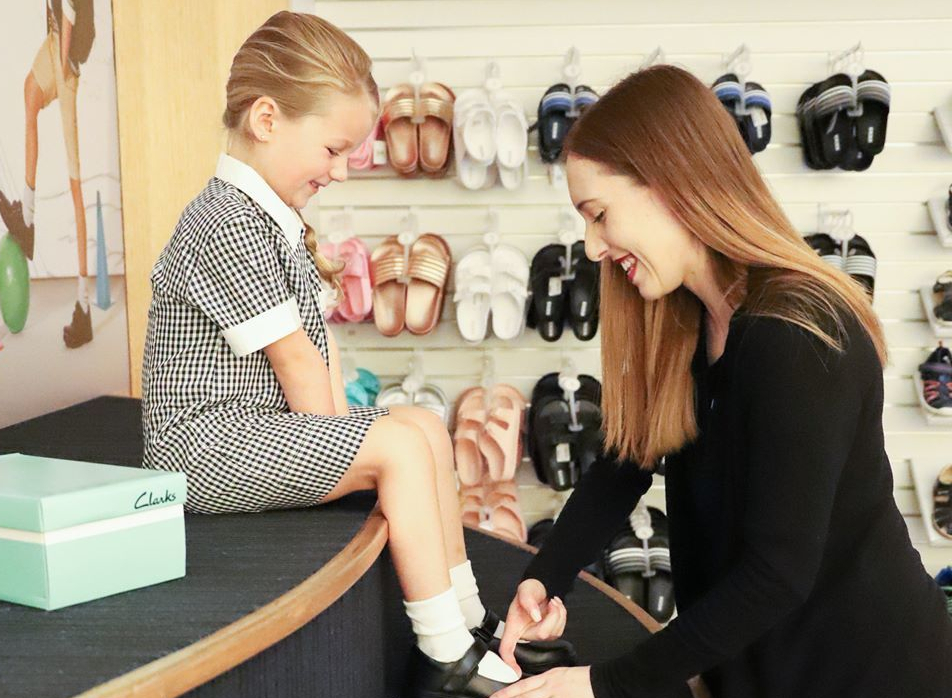For Autistic people, performing daily tasks and taking part in the community can be challenging. By carefully listening to the experiences and perceptions of Autistic people and their families, our researchers find new ways to increase community understanding of autism and create a more inclusive world.
Making airports more autism friendly

The insights gained from this research are intended to inform practical improvements in airport environments. Working alongside Aspect Autism Friendly, we aim to use these findings to make subtle yet impactful changes to how airports cater to Autistic individuals and their families. Read more
Making sports accessible and inclusive

This study found a glaring unmet need and a strong desire within the Autistic community for more accessible and inclusive opportunities for physical activities. New insights about the barriers and facilitators will be used by Aspect Autism Friendly to help sporting organisations and groups create better opportunities for Autistic individuals to enjoy the benefits of physical activity. Read more
Tuning in to online conversations about autism disclosure

More than 3100 online posts about autism disclosure were analysed to find out people's perspectives and experiences. The findings emphasise the dire need to increase autism knowledge across employers, healthcare, and the general population. The study also highlighted Autistic people's need for more support in navigating potentially life-changing disclosure decisions. Read more
Improving interactions with police

Autistic people are more likely to interact with police than non-Autistic people. We asked Autistic adults and parents of Autistic children to share their lived experiences so we could learn more about when, why and how interactions with police occur. ARCAP’s research led to the development of an autism training module that is being used by a number of police forces across Australia. Read more
Making banking more autism friendly

There are low rates of bank use among Autistic youth, which indicates low levels of financial independence. We asked Autistic adults what helps and hinders their use of financial services. This information can assist banks to create more autism-friendly services and products. Read more
Creating inclusive beaches

Children on the autism spectrum are less physically active and have lower rates of community participation than non-Autistic children. Our research identified what made it easier and harder for Autistic children to be included in Nippers, an Australian-wide beach education program. Read more
Improving interactions with criminal justice professionals

Little is known about Autistic people’s interactions with criminal justice professionals on a global scale. The Global Autism and Criminal Justice Consortium, conducted the largest research study to explore Autistic people’s perceptions of their interactions with the criminal justice system. A policy brief was devised to guide criminal justice agencies worldwide in making adaptations for Autistic people. Analysis of the research data will inform policy, strategies and future research directions. Read more
Making shoe shopping autism friendly

Autistic children can experience difficulties with wearing and shopping for shoes. We asked parents of Autistic children about their child’s experiences with shoes. The research findings indicated that an ongoing program of autism awareness training for shoe shop staff and a range of adaptations to services could improve the in-store experience for Autistic children and their families. Read more
Stay in touch
Complete the form below to receive the latest autism practice research news: new studies, research updates, events and more.

